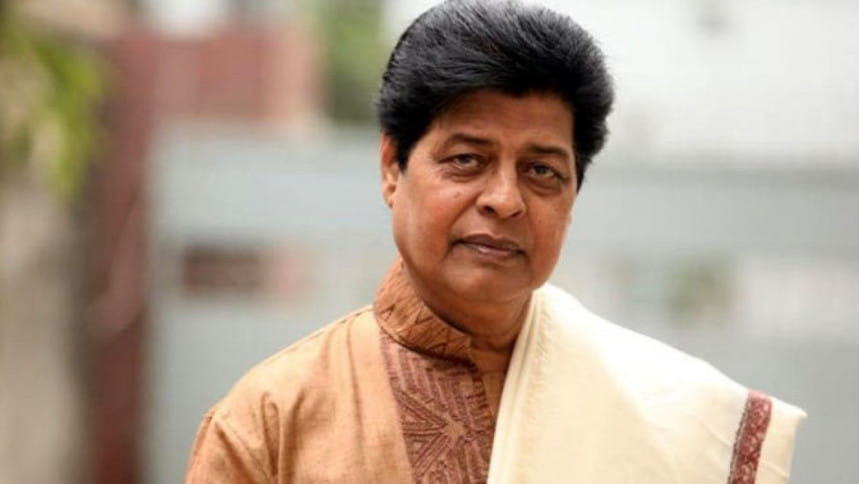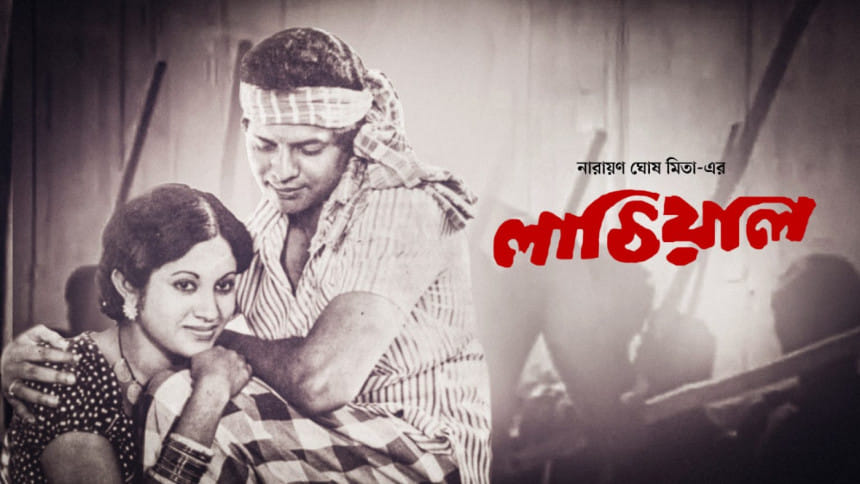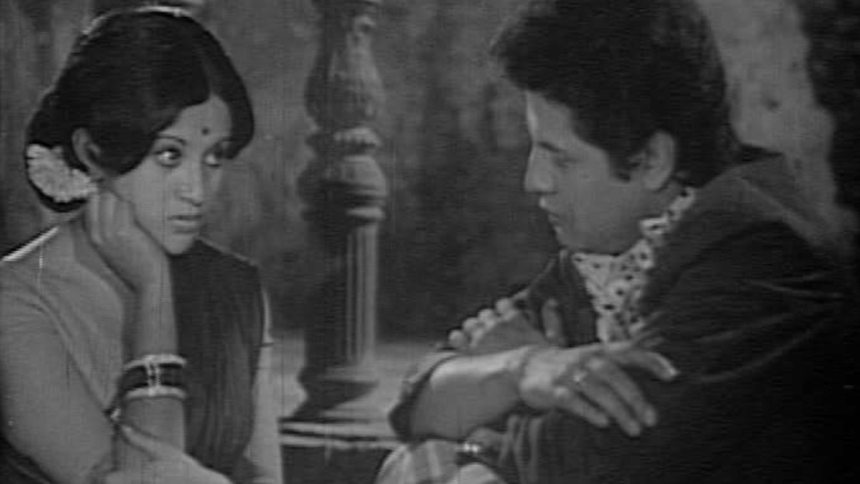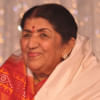Farooque: The unparalleled hero of social cinema

Today marks the death anniversary of legendary Bangladeshi actor Farooque, a beloved figure in the golden era of Dhaka cinema. Renowned for his roles in social dramas, Farooque became a household name through films that resonated deeply with rural and urban audiences alike. Though he played romantic and liberation war heroes, it was the social narratives that elevated him to iconic status.
Farooque's legacy was first cemented with "Lathiyal", a powerful film that spotlighted the musclemen hired by rural elites to assert dominance. In the film, he delivered a compelling performance alongside Anwar Hossain, portraying sibling rivalry in a battle of wills. "Lathiyal" earned Farooque his first National Film Award and positioned him as a force in serious cinema.

Another milestone in his career was "Sareng Bou", directed by Abdullah Al Mamun, where Farooque portrayed Sareng Kadam. His chemistry with co-star Kabori was electric, and the film's unforgettable song, "Ore Neel Doriya", remains etched in public memory.
Farooque was again paired with Kabori in "Sujon Sokhi", a classic love story that continues to hold cultural significance. Directed by Khan Ataur Rahman, the film turned Farooque into a national sweetheart, with audiences affectionately calling him "Sujon." Its hit song "Sob Sokhire Par Korite" is still cherished today.
In "Noyonmoni", directed by Amjad Hossain, Farooque starred opposite Babita in a film that became a career milestone. Their pairing as Noyon and Moni earned massive acclaim, and the songs "Chul Doirona Khopa Khuley" and "Nani Go Nani Boli Je Ami" became hits.

Another Amjad Hossain film, "Golapi Ekhon Traine", featured Farooque as Milon opposite Babita as Golapi. The rural backdrop and heartfelt storyline found success at home and abroad. Songs like "Hayre Kopal Mondo" and "Achen Amar Muktar" remain fan favourites.
Farooque's screen pairing with Rosy Afsari in "Tasher Ghor" and several other social films also drew attention during his prime. Known for his gentleness and dignity, the "Mia Bhai" of Dhaka cinema acted opposite most leading heroines of his time, including Rosy, Babita, and Kabori.
Beyond social dramas, Farooque made notable contributions to films about the Liberation War. "Abar Tora Manush Ho" and "Alor Michil" earned him widespread critical praise. His success extended to commercial ventures like "Jhinuk Mala", co-starring Nipa Monalisa. The film's romantic song "Tumi Amar Moner Majhi" was especially well received.
Farooque began his cinematic journey with "Jolchhobi" in 1971 and continued to enrich Bangladeshi cinema for decades. His presence on screen embodied the essence of social consciousness, romantic integrity, and patriotic spirit. Today, his legacy lives on through the timeless films and unforgettable characters he portrayed.

 For all latest news, follow The Daily Star's Google News channel.
For all latest news, follow The Daily Star's Google News channel. 








Comments